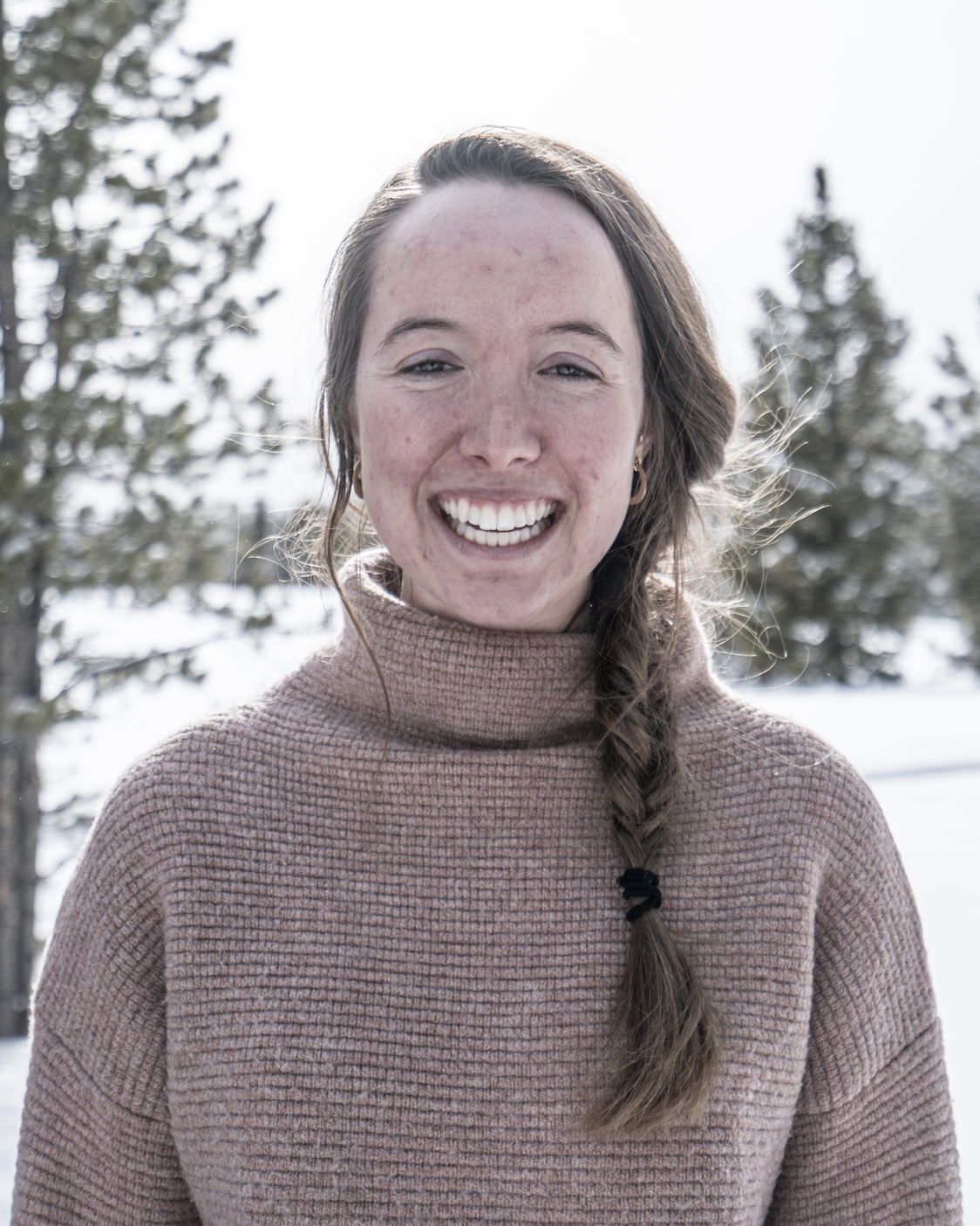Abstract
The Role of Ecological Disturbances in Shaping Present and Future Species Distributions
Distributions of important rangeland species in the Great Basin—including sagebrush (Artemisia spp.), conifers (Juniperus spp., Pinus spp.), and invasive annual grasses (e.g. Bromus tectorum)—are shifting due to changes in fire regimes, invasive species dynamics, human land use, and the climate. Characterizing how these overlapping disturbances influence species abundance and distribution is critical for land management decision-making, but the specific interactions between these disturbances and sagebrush systems remain poorly understood. To address this gap, my research will build on an existing sagebrush species distribution model (SDM) that improves model predictions by accounting for human-induced factors, such as fire history and restoration treatments. By incorporating more nuanced fire variables and invasive species dynamics into this innovative SDM, I expect to further improve predictions of present and future distributions of common rangeland species while capturing the consequences of competition and post-disturbance successional dynamics under changing fire, climate, and land use regimes.
